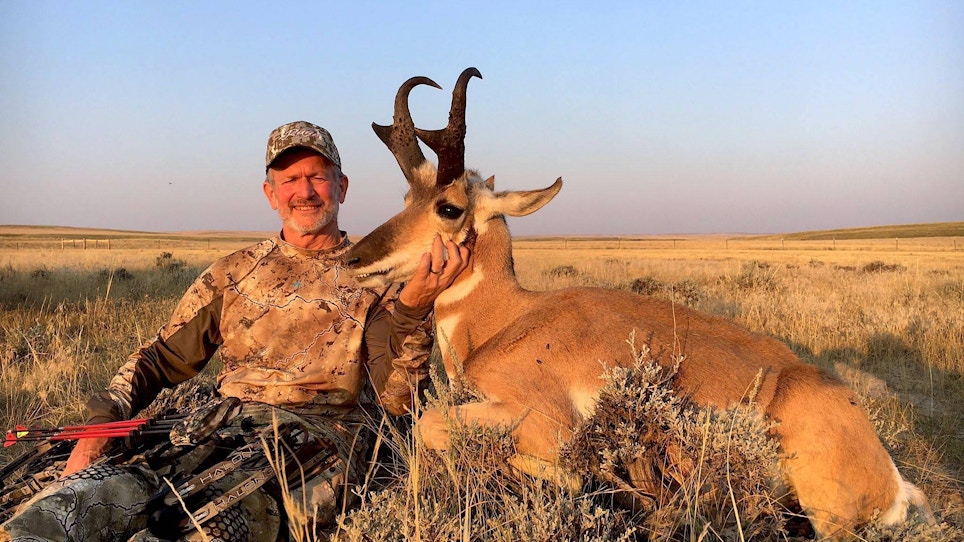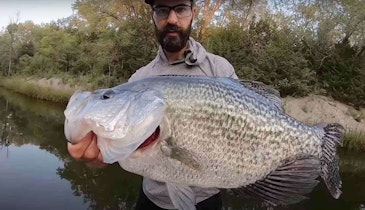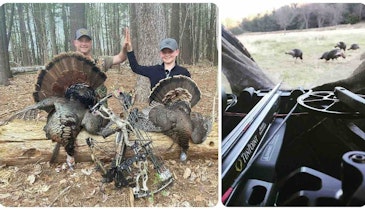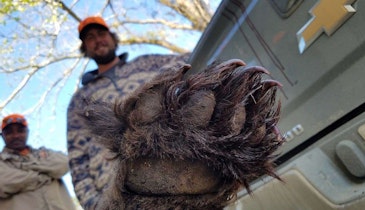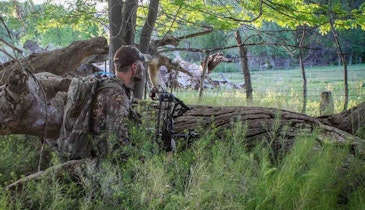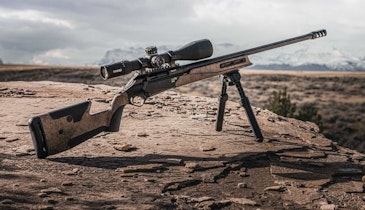Love it or hate it, it’s an undeniable fact that social media has changed the face of the world. Unless you’re an old fossil like me that refuses to participate — and there are many reasons for that, particularly my distrust of what social media companies do with personal information and how insecurely they store that information — you probably access one or more social accounts daily.
Many hunters love social media and cannot wait to post pictures and stories of their success. Many even like to “blog” daily accounts of their hunts, perhaps even posting YouTube videos. That’s all well and good. But before you hit the “send” button, take a minute to reflect on what you’re doing. Because as we well know, once words and pictures make it to cyberspace, they are there ad infinitum.
There is a lot of good that comes from hunters using social media. It’s a way to give our community a collective voice and rally the troops for fights with anti-hunters, wildlife management, the battle for public lands — for example, in 2017 social media played a big role in defeating H.R. 621, a measure that would have allowed the sale of federal public lands to private entities. And, of course, you can share your hunting experiences with the world quickly and easily.
Never forget, though, that just as it is easy for hunters to connect via social media, the anti-hunting community does the same thing. It is so easy for someone to sit anonymously behind a keyboard and screen and spew out viciousness and vulgarity about whatever it is they find disagreeable. It is this isolation, I think, that is a big factor in dividing people into “us or them” groups.
Now people don’t have to get together and have a civil debate or discussion about what’s on their minds. They can do it from the safety of their living room without ever having to speak to someone face-to-face. Personal interaction is the best way to remind ourselves that we’re all people that have much in common despite also having strong opinions that may not agree with our own.
It’s easy for us to find instances where the anti-hunting crowd has attacked a hunter for posting about their in-the-field successes. These attacks are generally below-the-belt shots that call hunters murderers, psychopaths, or worse. The 2015 Cecil the Lion case — where a collared lion nicknamed Cecil was legally killed in Zimbabwe by a Minnesota dentist — ramped it up to a new level. Before the entire story came out, his face was plastered all over the internet. His life was threatened, and he even had to shut down his business and go into semi-hiding until things calmed down. It all started with social media postings of the hunt — and his case is not the only one.
If you’re going to post about hunting on a social media account or forum that's open to the public, remember, when you do so, you are not just representing yourself but all hunters. Of course you are proud of your accomplishments, as you should be. Success in fair-chase hunting is rarely easy. You also understand that hunting is much more than killing something. When you see or hear about anti-hunters attacking one of our own, resist the urge to get down in the gutter with them.
The bottom line is this. In modern society, hunting is a privilege, not a right. There is a huge contingent of people who don’t understand it, don’t know anything about modern conservation or the fact that today, as it has always been, it is the hunter who pays the bill for conservation of both habitat and wildlife. They have no idea that the Federal Aid in Wildlife Restoration Act (more commonly known as the Pittman-Robertson Act), established by Congress in 1937 at the request of the firearms and ammunition industry and sportsmen, has collected over $8 billion — that’s billion, with a “b” — from manufacturers. Those funds have been distributed to the states for conservation of wildlife habitat.
In essence, the industry asked the government to place an excise tax of 11 percent of the wholesale price of long guns and 10 percent of the wholesale price for handguns solely for this purpose. Instead of squealing, hunters and shooters applauded the idea. Anti-hunters also don’t know anything about real animal rights’ groups like the Pope & Young Club, Boone & Crockett Club, Rocky Mountain Elk Foundation, Mule Deer Foundation, Safari Club International, Dallas Safari Club, Ducks Unlimited, and so many others, made up primarily of hunters who donate untold amounts of time and money for conservation work around the world.
Always remember that prominent anti-hunting groups like the Humane Society of the United States, People for the Ethical Treatment of Animals and others will say and do anything to fill their coffers by exploiting any reason given to them by poor behavior by hunters. In today’s world of instant communication, where cell phones with cameras are everywhere and anybody can be a blogger, never forget that one poor decision by one hunter anywhere can be broadcast to millions of people in an instant. Today, we’re all the face of hunting. If we don’t want to lose the privilege, we best never forget that.
Don’t forget that social media is a double-edged sword.
What do you think? Are you a social media junkie, or do you not use it at all? Is social media a good or bad thing for the hunting community? Email your thoughts to me at editor@grandviewoutdoors.com and let me know.
